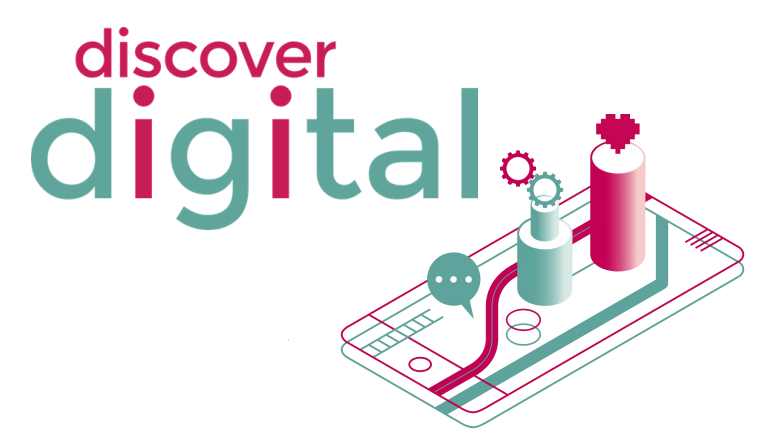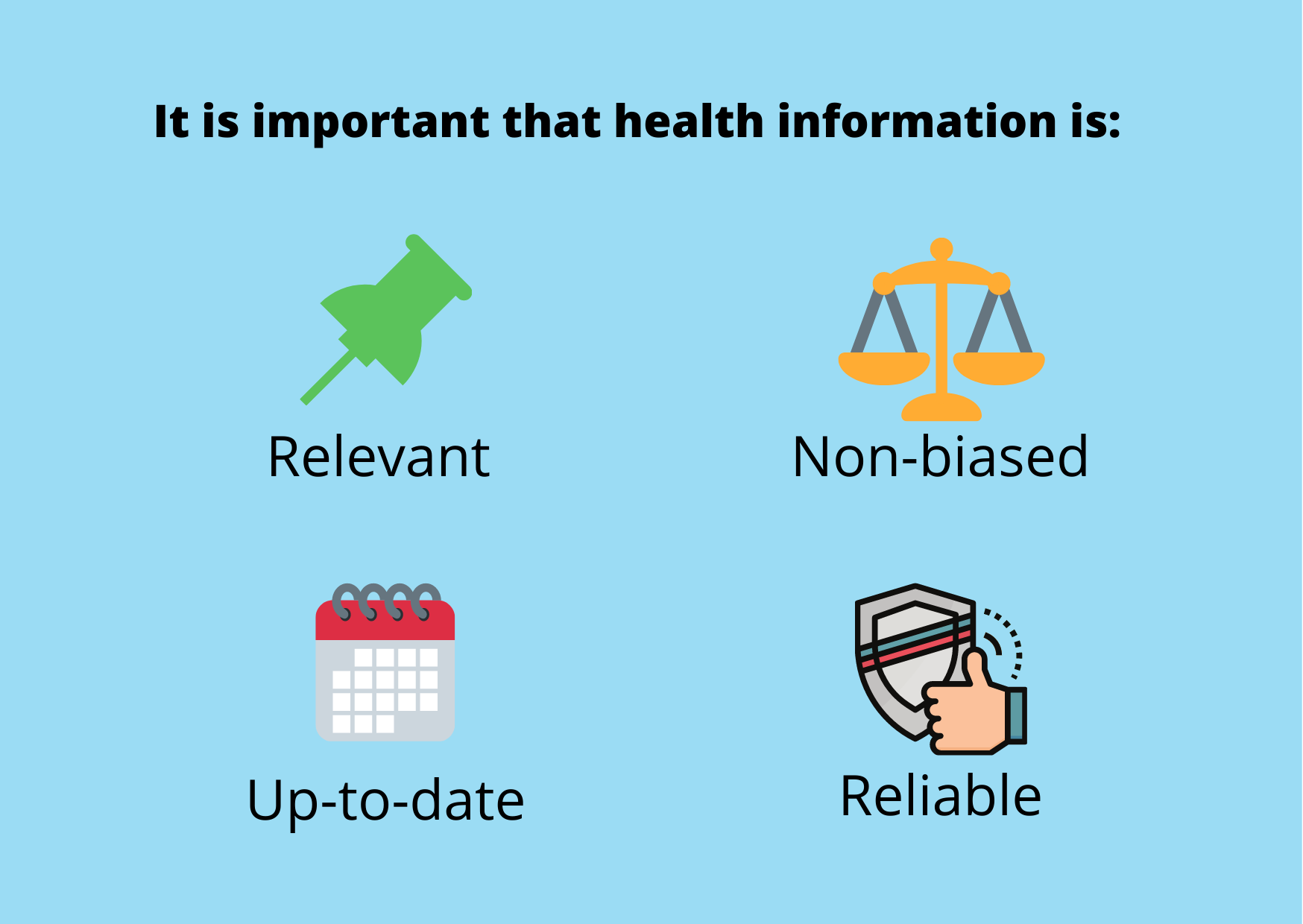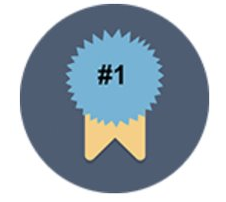This short list provides examples of digital tools and apps approved for use by the NHS or by Scottish Government. It is not intended to be a fully comprehensive list.
NHS inform provides a collection of quality assured tools and apps.
NHS 24 online app - allows you to find your nearest services and to assess your symptoms to find out what you should do next.
Near Me: A video consulting service that enables people to attend appointments from home or wherever is convenient. The service is already widely used across NHS Scotland for health and care Requires a device such as a smartphone or desktop computer that can make video calls.
The Near Me website provides guidance on devices and browsers, how to make a call, and accessibility.
These interactive self-help guides are for anyone looking for tailored guidance on common ailments and treatments. They guide the user through a series of questions and make recommendations for self-management, and seeking medical advice.
The self-help guides cover a wide range of:
- Physical health issues, including cough, headache, emergency contraception, shoulder pain, fever in babies and young children.
- Mental health issues, including depression, anxiety, chronic pain, sleep problems, bereavement, OCD and anger management.
Mental wellbeing (Silvercloud platform)
Scottish Government provides national access via NHS inform to a range of interactive wellbeing courses on the Silvercloud digital platform. They cover the following topics:
- Coping with difficult situations
- Sleep
- Stress
- Anger
- Coping with the coronavirus pandemic
All resources employ a psychoeducational approach – i.e. they combine provision of knowledge with motivational and emotional support to encourage change in behaviour.
In order to access a course, users need to provide an email address, create a password, and type in an access code provided on the NHS inform website.
A range of other validated digital therapy tools for mental health needs are available via referral by a healthcare professional. These include the Beating the Blues resource for depression and other resources on the Silvercloud platform.
Free self-help courses with a focus on emotional wellbeing, covering the following topics:
- Low mood and stress
- Drinking too much
- Living well with a long term condition – including courses for chronic pain and diabetes
- Being a new parent
- Dental anxiety









